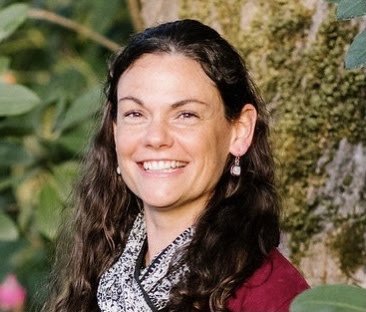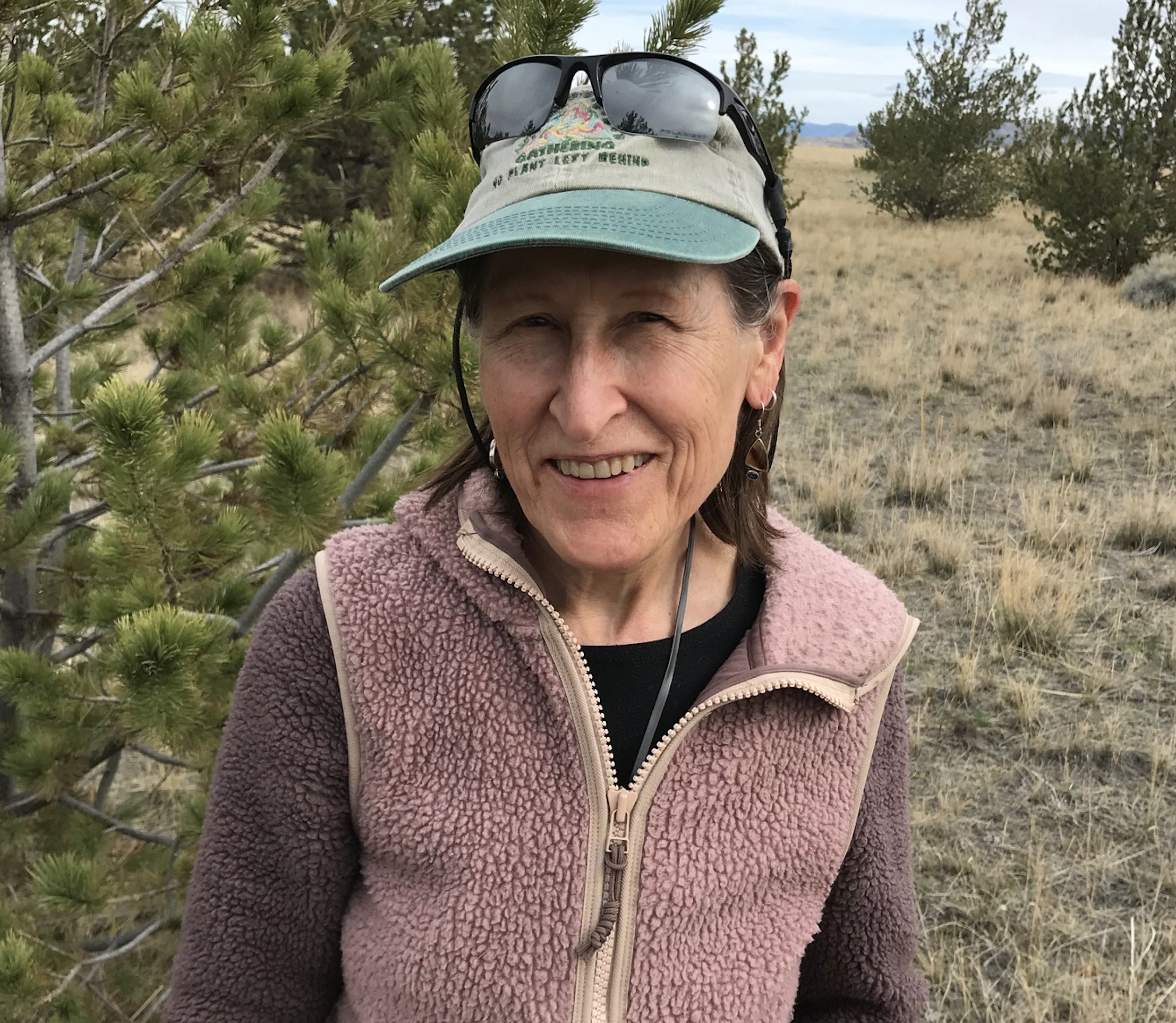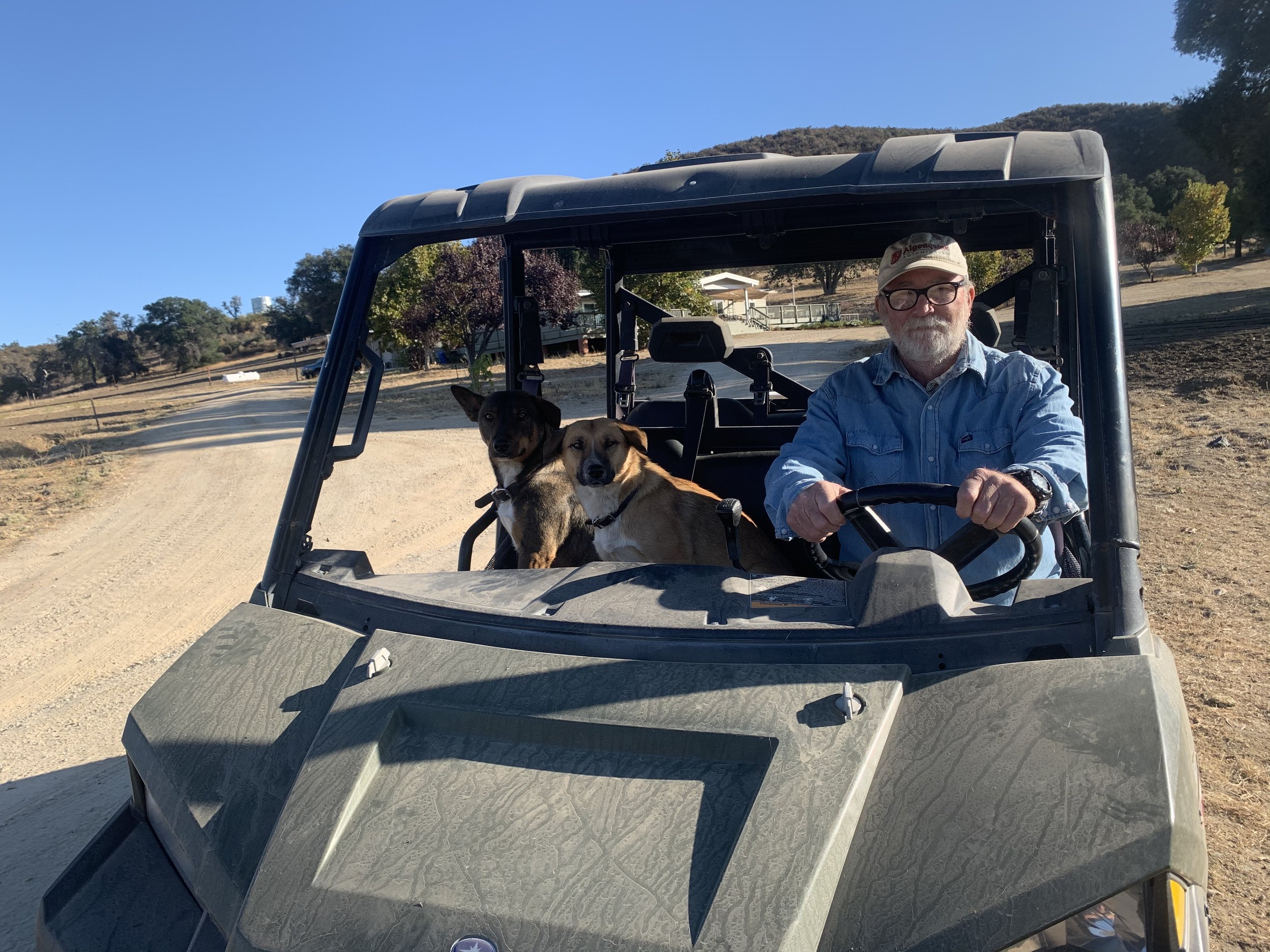Join The Lilium Initiative in these upcoming inspiring talks from local farmers, herbalists and authors.
Thursday, May 18, 2023
5:00 PM 7:00 PM
This presentation will identify some of the challenges to sustainability of East Asian medicinal herbs, examine growth habits of some commonly used herbs in terms of hardiness and climate zones, explore climate shifts already occurring and project into the future with consideration on how farmers may work to adapt to a shifting climate.
Dr. Jasmine Rose Oberste, DACM, is a Doctor of Chinese Medicine, certified Functional Medicine practitioner licensed in California and Hawaii and practices permaculture in a community-based restorative agriculture setting of schools and developing community gardens. She founded the Chinese Herb Garden, a non-profit project sponsored by Three Treasures Institute with the mission of promoting the sustainable use of Asian medicinal flora. www.chineseherbgarden.org
THIS EVENT IS FREE FOR ALL LILIUM INITIATIVE MEMBERS. BECOME A MEMBER AND ATTEND MANY OF OUR EVENTS FREE OF CHARGE HERE.
IF YOU ARE NOT A MEMBER, YOU ARE WELCOME TO JOIN THIS EVENT WITH A SLIDING SCALE DONATION TO SUPPORT OUR MISSION HERE.
Registration for this event will open on April 25th, 2023 at 12pm PDT.
Qing Hao, Huang Lian, and Dan Shen: Historical perspectives and Modern Research with Toby Daly, Ph.D., L.Ac.
Thursday, June 15, 2023
5:00 PM 7:00 PM
In this Lilium Initiative discussion, we will explore the history, clinical application, and latest research on Qing Hao (Artemisia annuae Herba), Huang Lian (Coptidis Rhizoma), and Dan Shen (Salviae Miltiorrhizae Radix). These explorations will include these medicinal substance's Nobel Prize winning applications that benefit millions of people every year. We will also look at these herbs' ability to address the virulent epidemic qualities of the Chinese medical pattern Gu Syndrome. We will discuss our three herb's bioactive components, including components that have been shown to regulate glucose levels so effectively that they are comparable to current first-line diabetic treatments. Finally, we will investigate their ability to treat and prevent cardiovascular disease and cerebrovascular diseases which are among the leading causes of death in the United States and worldwide.
Throughout the discussion, a special emphasis will be placed on research that is not solely focused on isolated bioactive components extracted from the medicinals, but instead on research involving the entire crude medicinal. This emphasis will include a look at the first ever herbal formula to progress through FDA clinical trials. This formula's efficacy and lack of side effects propelled it through its trials and it will soon be submitted to regulatory authorities for approval for use in the general population.
Toby received his undergraduate degree in Food Science from the California Polytechnic State University at San Luis Obispo. He began studying Chinese medicine in 1997 with Sunim Doam, a Korean monk trained in the Saam tradition. He earned his master's degree in Traditional Chinese Medicine in 2002 upon completion of training at the American College of Traditional Chinese Medicine in San Francisco and Chengdu University in China.
During his four years of training in San Francisco, he interned with the prominent acupuncturist Dr. Angela Wu and learned to apply the lofty theories he was studying in school into the pragmatic setting of a busy clinic. In 2013, he developed the Chinese Nutritional Strategies app to provide digital access to the wealth of Chinese dietary wisdom. In 2016, he completed a PhD in Classical Chinese Medicine under the guidance of 88th generation Daoist priest Jeffery Yuen. In 2021, he developed the Chinese Medical Characters app to enable direct access to foundational Chinese medical terms and concepts.His first book, An Introduction to Chinese Medicine, will be published in April 2023.



















